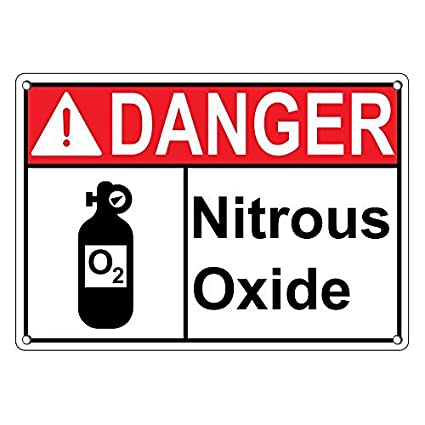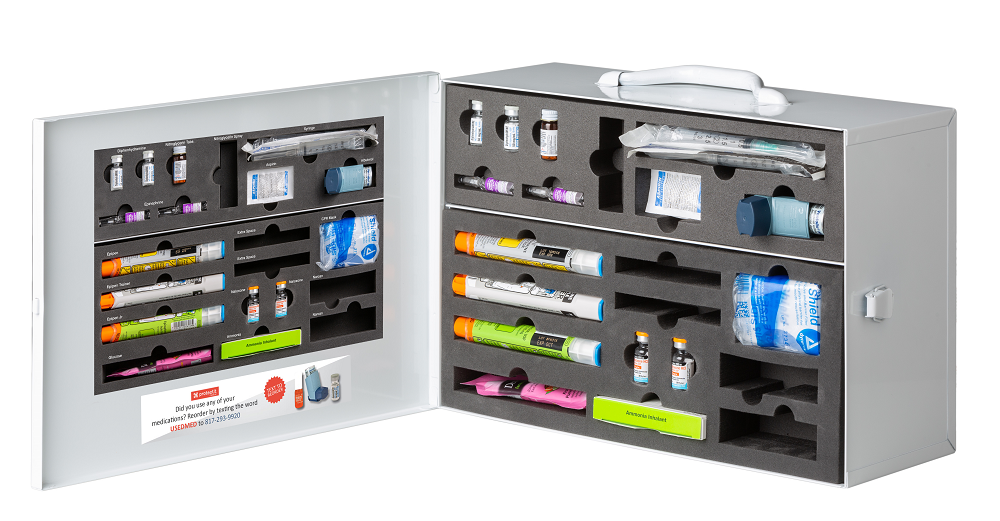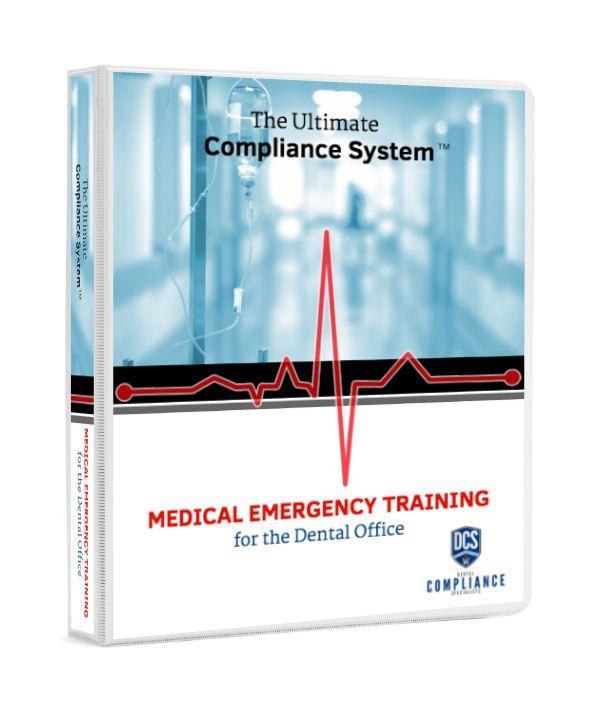
The Drug Enforcement Administration (DEA) guidelines regarding controlled substances, particularly in relation to record-keeping, procurement, and power of attorney. These regulations are part of the U.S. Federal Law under Title 21 of the Code of Federal Re...
Read more
Drug Enforcement Administration (DEA) rules and regulations pertaining to the inventory requirements for controlled substances. These are laid out in the Code of Federal Regulations (21 CFR) and the United States Code (21 U.S.C.). Key Points of Inventory Req...
Read more
Here's a breakdown of electronic prescriptions for controlled substances (EPCS) in the United States. Basic Requirements for Controlled Substance Prescriptions Issuance by Qualified Practitioners: The prescription must ...
Read more
Whether your practice/dental service organization participates with Medicaid or not you could be required to fulfill the following annual training requirements....
Read more
Sometimes when you mess up – and that mess up involves Medicare, Medicaid, or funds from another government healthcare program – not only do you have to fix the mess, but you may also have to go back and make amends to limit your liability and hedge against civil and/...
Read more
Okay folks – we need to talk about your data backup. Dental offices, as covered entities, must meet Implementation Standards to get in compli...
Read more
Some states require separate credentialing for dentists and auxiliary staff for nitrous oxide administration. Typically, dentists are required to have a permit for this. Many states also require dental assistants and hygi...
Read more
I put out a lot of TOP NOTCH compliance content from this blog to the podcast, "Talking with the ToothCop." I know a lot of you benefit from this content, but some of you might not know what we do....cause let's face it, ...
Read more
Many states require that Dentists (and even staff members) maintain current BLS, ACLS and/or PALS. Additionally, there are requirements that Dentists have and maintain suitable emergency oxygen and have emergency drugs "as a...
Read more
911, What's Your Emergency? It is not a matter of ‘if’, but which (and how severe) a medical emergency will occur in yo...
Read more